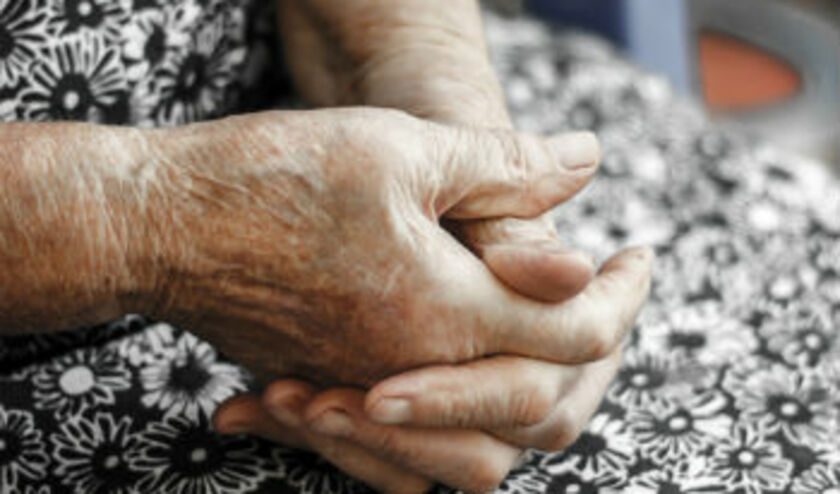The NHS figures show 506,549 people have received a dementia diagnosis, compared to 490,163 this time last year.
Nationally, the NHS offers care plans or reviews and medication reviews with 330,460 people receiving the former and 114,447 the latter in the last year.
The data comes as Imperial College Healthcare NHS Trust has launched a new at-home monitoring service, called MinderCare, to spot signs of changes in health needs and potentially reduce unnecessary hospital admissions.
The devices, which include sensors on bed mattresses, household appliances and doorways, mean clinical teams can track whether a patient is still managing their daily routine, responding well to medication and even signs of potential infection.
The service is informed by more than 10 years of NHS research and underpinned by clinical care and support, including infrastructure support from the NIHR Imperial Biomedical Research Centre.
The MinderCare service model has been developed by researchers at the UK Dementia Research Institute (UK DRI) Care Research & Technology Centre at Imperial College London and is led by Professor David Sharp, in partnership with clinical teams at Imperial College Healthcare NHS Trust and Surrey and Borders Partnership NHS Foundation Trust.
Imperial College Healthcare NHS Trust aims to enrol 100 patients by September 2025 as part of a study to better understand the feasibility of offering the service to people living with dementia in North West London.
Dr Jeremy Isaacs, national clinical director for dementia, NHS England, said: ‘Thanks to patients and families coming forward, and the hard work of NHS staff, we have a record more than half a million people diagnosed with dementia, many of whom are living in their own homes with support from family and friends.
‘MinderCare is a great example of the NHS trialling cutting-edge technology to help more people to live safely in their own homes.'



